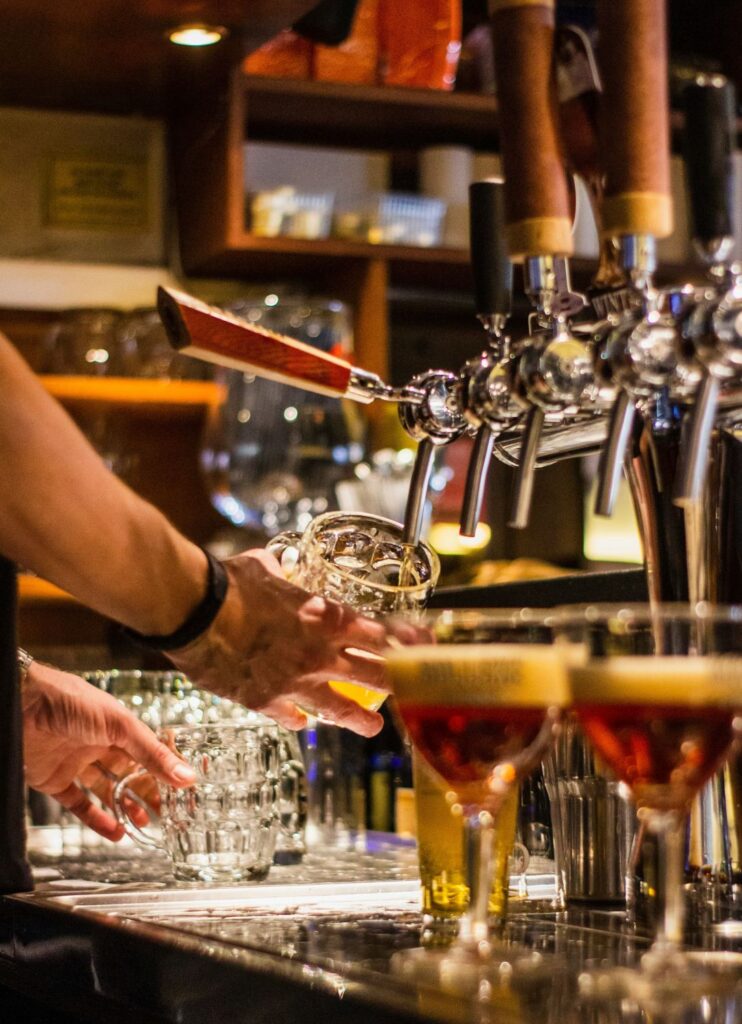Extended Opening Hours Expected to come for bars, pubs, clubs and restaurants.

Major reforms to the Licensing Act 2003 are being fast tracked by the government, and it has been confirmed today that we will see an extension to opening hours for the sale of alcohol. 224,000 businesses including bars, pubs, clubs and restaurants will be affected by the rule changes. Also, supermarkets and off-licenses will be permitted to sell alcohol later.
The objective of promoting economic growth will be added to the four key licensing objectives of prevention of crime, prevention of public nuisance, protecting children, public safety – impacting the decision upon application of new premises or longer opening hours.
The proposal is an offspring of the work done by licensing organisations, including UKHospitality and the NTIA. They aim to relax licensing obligations for nightlife and hospitality venues in the long term, as well as cutting costs, extend tax relief and cut alcohol duty.
Over the next four weeks, landlords and nightlife business owners will be surveyed about the key challenges in running a hospitality business – and a date for the extended licensing hours will be announced.
To join the call for evidence, and help inform the development of the licensing system, go to the Government’s ‘Reforming the licensing system’ page. Read the questions through the link below:
What is the expected impact of extending pub opening hours?
With the extended opening hours, pubs and bars should find it easier to host live music and food pop-up events. With the hope that this does not exacerbate rising noise complaints, pubs and bars will be able to open into the early hours and continue serving patrons. The overall intended impact is to improve footfall and give hospitality venues a well-needed boost.
The benefit to extended opening hours at first seems obvious, more hours means more sales. However, the benefit is very much dependent on the pub itself – a busy pub might significantly increase their revenue, whereas an empty pub is losing money being open longer. A rural pub will have different cost structures than a city pub.
Critics have complained that this push to help the nightlife industry has a potentially unwanted side-effect of increasing the monopoly of alcohol sales at supermarkets, petrol stations and corner shops. 75% of alcohol sales are already commended by retail.
At NDML, we are delighted by the prospect of this law change. Pubs and bars, however later opening hours will increase risk so we wait to see how this may affect insurance policies down the line.
Permitting businesses to sell alcohol later inevitably means more acts of crime, more lunacy and accidents, and an increase of antisocial behaviour. Although these are not reasons to block the extension of opening hours and profitability of business, they are food for thought for politicians, authorities, emergency services and insurers.